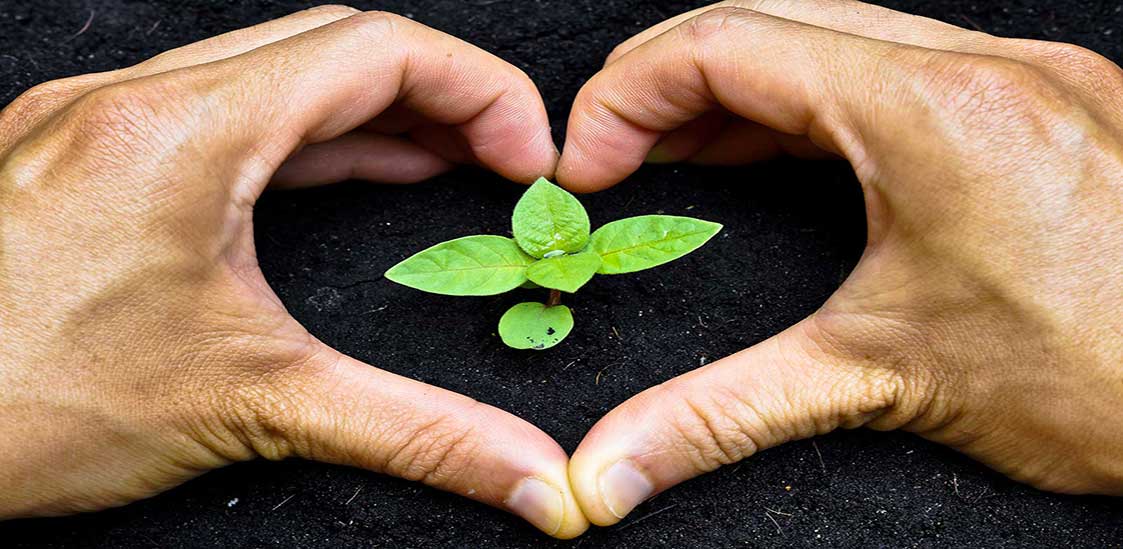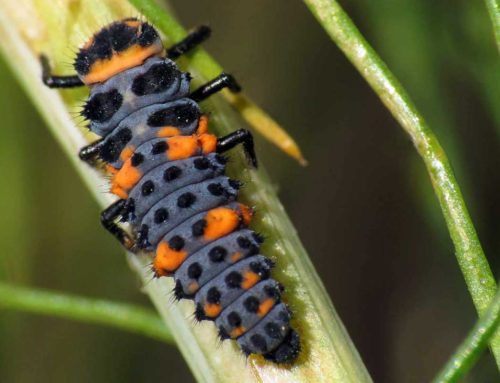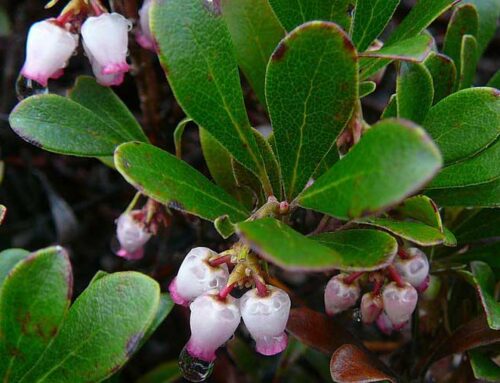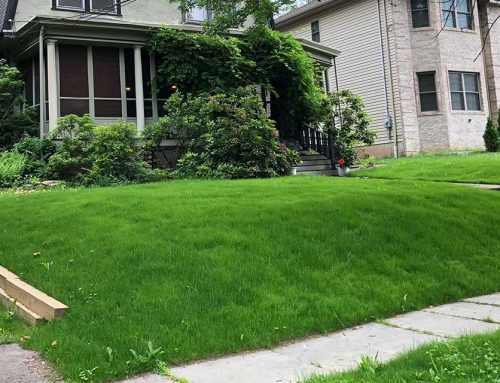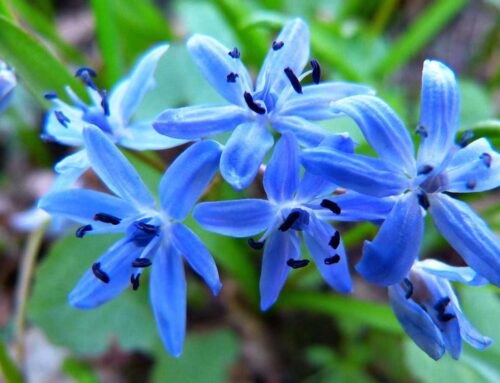Sustainable Landscaping with Native Plants
Arbor Day is one of my favorite days of the year. Why? Because it celebrates trees and trees fascinate me. They always have. I remember as a young lad lying on the ground beneath them gazing up into the canopy of lush green and thinking “trees provide wildlife with shelter, trees produce edible fruits and nuts that are so delicious, trees give us oxygen to breathe – so why do we cut so many of them down?”
 The following excerpt is taken from Gardening with Trees – and pretty well sums up the following question people often ask – Does planting a tree really make a difference?
The following excerpt is taken from Gardening with Trees – and pretty well sums up the following question people often ask – Does planting a tree really make a difference?
“Well-meaning people have recently begun to do their bit to fight back against the loss of natural resources by either planting, or paying for someone else to plant, trees of their own. Aside from being one sure-fire way to earn the derision and criticism of enviro-skeptics, is this ever going to have much effect? After all, what difference does one tree make?
It should be fairly clear that this is not really the right question to ask. Of course, one person planting one tree is not going to offset the carbon pollution caused by even one small part of the airline industry, or by one car in the course of its lifetime. However, the real battle is between the amount of benefit to the environment from planting one tree and the benefit that results from planting none at all.
If we took the attitude that one person cannot make a difference, and applied it to everyone, then nothing would ever get done – but if we each took the attitude that a small step is better than standing still, then we would have mass action, something that really does make a difference. Rather than assuming that your contribution will be swallowed up by the damage caused by others, it is much better to take the attitude that all of us together can make a difference – and even if you are a lone voice, it is better to make some noise than let others simply do what they want unchallenged.”
The benefits and contributions of tree in our environment:
1 – Just one mature tree can produce up to 260 pounds (118 kg) of oxygen, remove harmful ozone pollutants from the lower atmosphere, and sequester between 35 and 800 pounds (16 and 363 kg) of carbon dioxide from the air every year. While fruit trees are typically on the smaller side than shade trees, some can grow rather large, such as apple, mango and avocado trees. And, if you’re planting fruit trees that supplement your diet, you’re not relying on trucks to bring produce to your supermarket—and you may in fact be making fewer trips there yourself, also reducing your carbon footprint, “A fruit tree is definitely something that addresses environmental, health, and justice issues all at once,” says Akin, “it is one of the easiest and most rewarding things anyone can do for their planet, and their family.”
2 – Trees reduce CO2. We hear a lot about our carbon footprint, but many people don’t realize that the carbon in this equation is carbon dioxide, or CO2. The same way humans breath oxygen and exhale CO2, trees breath in CO2 and exhale oxygen. This carbon dioxide becomes sugars that can then be eaten, burnt for fuel, or simply enjoyed in its leafy form. 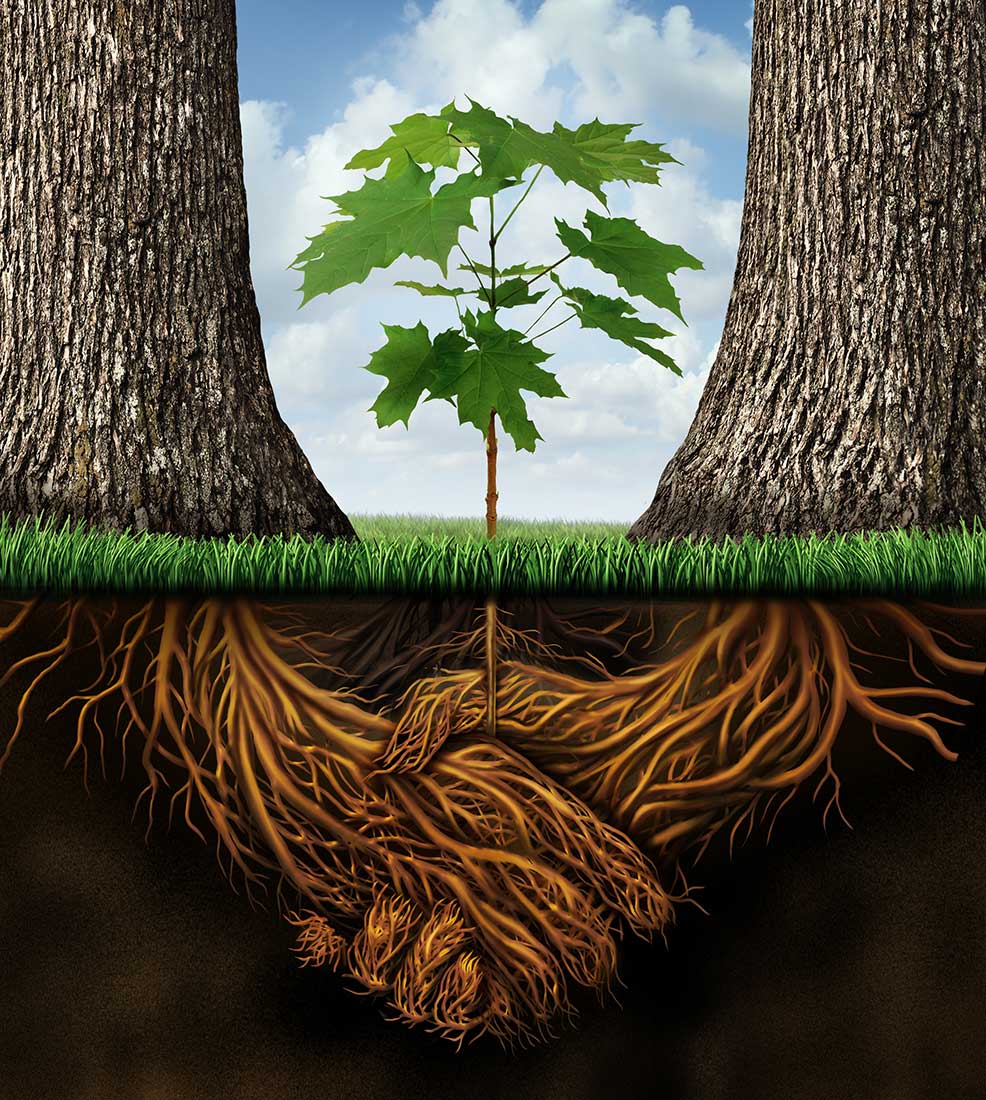 According to coloradotree.org, an adult tree can change 48 pounds of carbon every year into enough oxygen to keep two people alive.
According to coloradotree.org, an adult tree can change 48 pounds of carbon every year into enough oxygen to keep two people alive.
3 – Trees reduce ozone levels. This effect is not just global, but local. In large cities, a reduction in ozone can mean milder temperatures and more breathable air.
4 – Trees reduce erosion. This is because their roots physically keep soil from washing away, but also because tree roots absorb and store water. A tree canopy can reduce the force of rain hitting the ground from a deluge to a gentle sprinkle, further preventing erosion.
5 – Trees can reduce heating and air conditioning costs. There is a reason trees tend to be clustered around homes. Homeowners want them there, not just for their shady beauty, but for their effect on temperature. It is well known that trees can absorb summer heat. They also provide shade that can cool a house and yard substantially. In cooler months, trees provide a windbreak and trap heat. A difference of just degrees can save a lot of energy over the course of a year.
6 – Trees trap dust and debris. Dust, smog, and other particles in the air collect on the leaves and tend to stick there. This creates generally cleaner air for people and animals to breath, which can be important for quality of life in both cities and dusty agricultural areas.
7 – Trees provide an ecosystem for animals, insects, and other life. Trees are an important part of many ecosystems. They are not just part of the carbon cycle, but also a home and a food source for many critters. In fact, many animals have a preferred type of tree that they call home, which means every tree is a potential life-saver to certain species.
Lincoln Landscaping provides tree planting and transplanting services from small trees to large caliber specimen trees. If you are thinking about planting trees, why not do it naturally as nature does – organically. We offer 100% organic landscaping services to residential, commercial, educational and municipal properties.
Lincoln Landscaping “The Natural Choice”
Mike Kolenut President & CEO
https://lincolnlandscapinginc.com
(201) 848-9699

